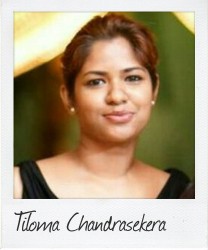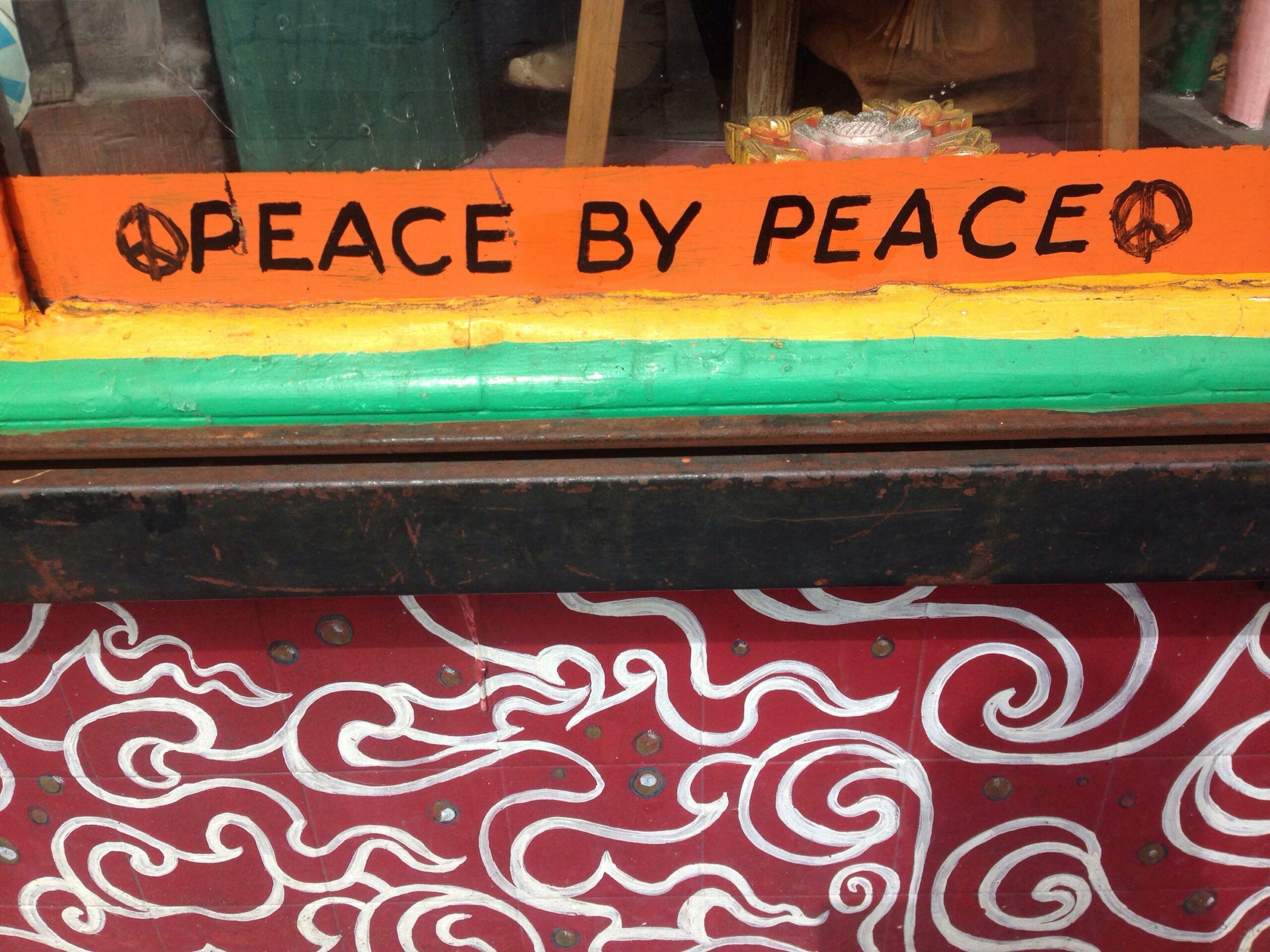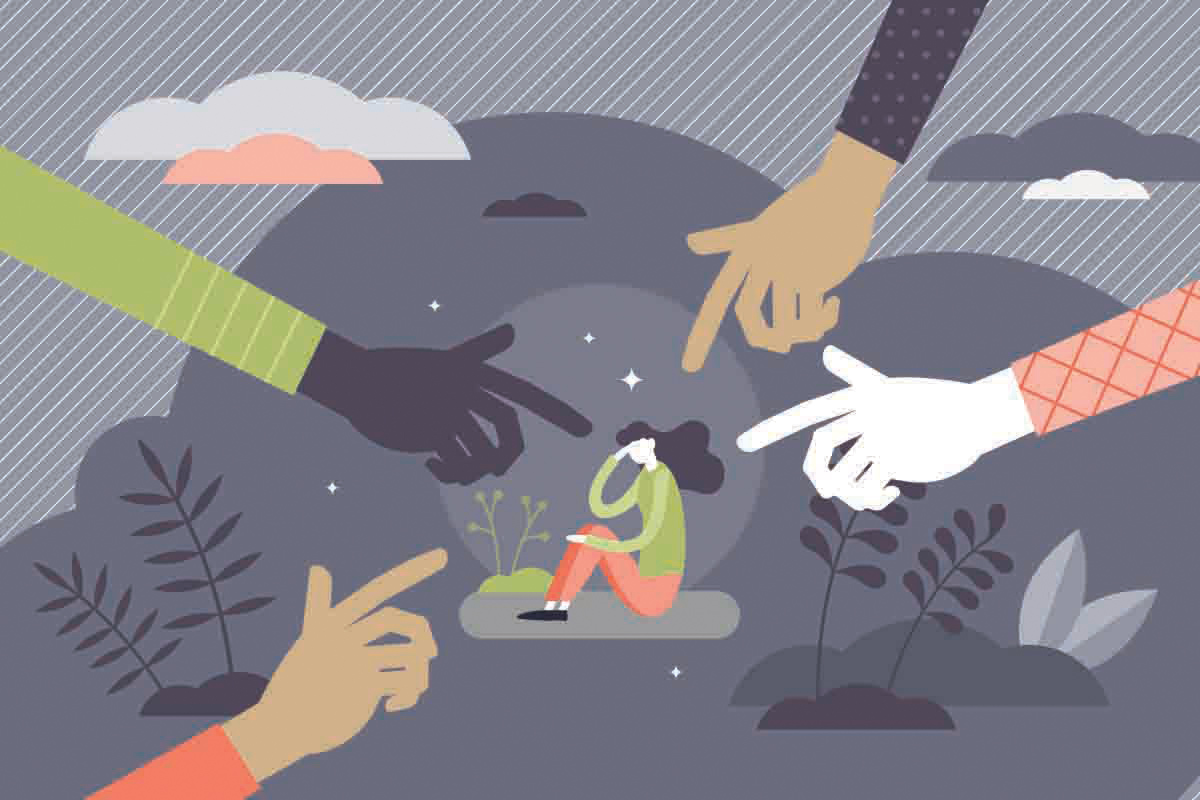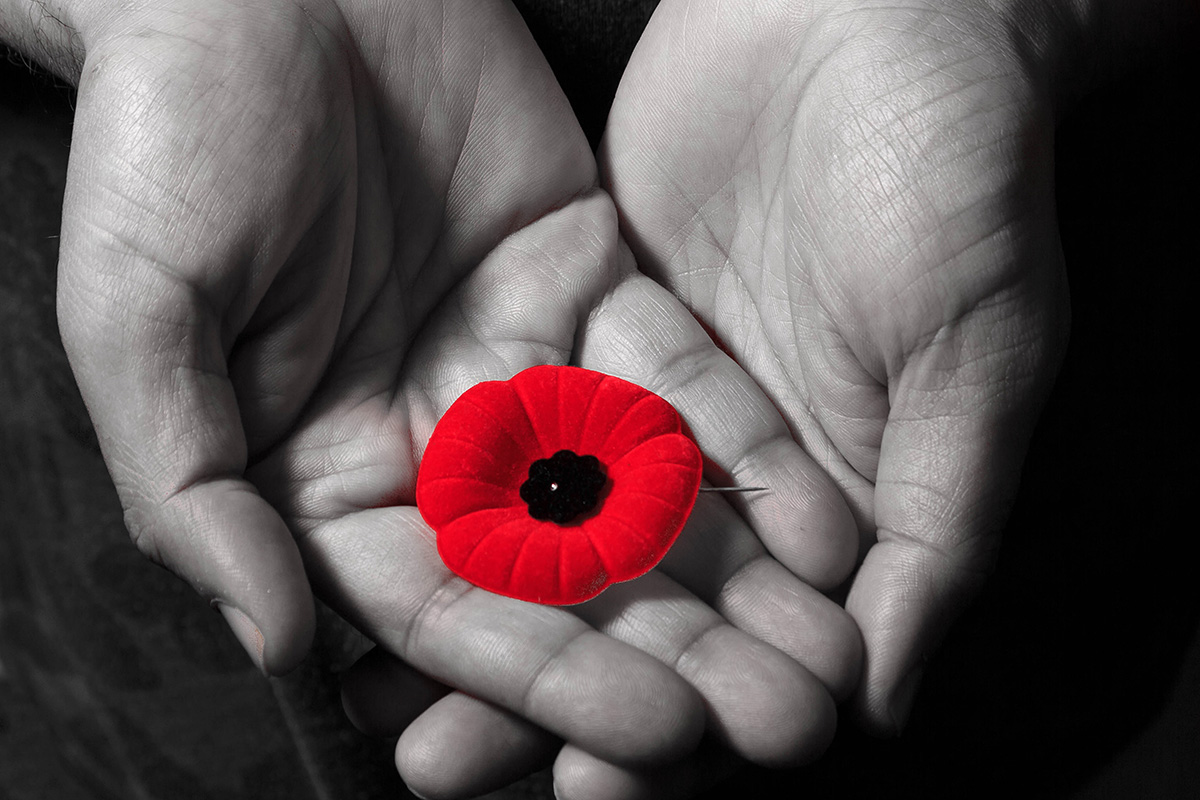“Memories of history: she said, he said”
October 16 Learning from history helps to avoid repeating mistakes of the past, but Tiloma Chandrasekera, 27, a Correspondent from Colombo in Sri Lanka, argues the first step is accuracy in reporting history.
Learning from history helps to avoid repeating mistakes of the past, but Tiloma Chandrasekera, 27, a Correspondent from Colombo in Sri Lanka, argues the first step is accuracy in reporting history.
“The most effective way to destroy people is to deny and obliterate their own understanding of their history.”― George Orwell
As a young person in her twenty-somethings, my knowledge of history is largely based on either what I have read through books and articles or heard through narrated memories. These narrations are of great importance in recalling what happened during a time long before we decided to make an appearance here on earth!
In simplistic terms, we are bound to interpret history’s events from the point of view of those who recall them. Personally, such recollection was important to me when considering the historical events that occurred in Sri Lanka in the early 1970’s-1980’s. This was a period when Sri Lanka stood on independent soil and claimed itself to be a republic, severing its colonial ties with Britain.
From a young person’s point of view, I find this period to be vibrant – from the birth of the Star Wars franchise to the Bee Gees singing ‘Staying Alive’, to Margaret Thatcher being elected as the first female Prime Minister of the United Kingdom.
Although the vibrancy of global events do take a centre stage, the events that occurred in Sri Lanka during that same period foster significance that cannot be easily ignored. This is due to the political environment that was created in the island. Undoubtedly, my understanding of the events that unfolded during the 1970’s-1980’s Sri Lanka is clothed by the literature I have been exposed to and the experiences people close to me have gone through.
One can argue that personal memories and experiences tend to be partisan, biased and highlight a limited or single point of view. This is further influenced by issues of cultural difference and identity. From a younger age we have heard of scenarios that took place years ago. This is quite similar to folklore that has been passed down from generation to generation. We ask ourselves questions such as, “So what exactly happened?”, “Who started what, first?”, “You justify your point and she justifies hers”. These are but few questions that we sometimes ponder when considering the historical events that have unfolded in the past. At times the sanest justifications would leave any balanced human being confused to his core when attempting to process the facts that lie before him. What exactly are we to do when we need to rationalize on topics such as the root cause of war, for example? Do we take sides and listen to either side? Or do we consider the substance and not the form?
Churchill once said “Those who fail to learn from history are doomed to repeat it”. Although he was a powerful statesman with his own personal brand of idiosyncrasies, I cannot help but agree with him. The relevance of history in the recent developments involving Sri Lanka is important due to the resolution adopted by the United Nations Human Rights Council. This resolution attempts to ensure that the Sri Lankan government should implement a judicial mechanism with international participation to ensure justice for victims of the 26 year long war in Sri Lanka. Whilst a mechanism ensuring justice to all those who suffered from the bitter realities of war should be insisted upon, the only mechanism through which we all could be sure that history does not repeat itself to insist that the said history is not distorted to cater to personal advantages, and that lessons are indeed learnt from history and mistakes not repeated.
Image URI: http://mrg.bz/DnJOzR
………………………………………………………………………………………………
About me: I am an Attorney-at-Law and lecturer with a diverse legal practice. Whilst practising predominantly in the field of industrial relations and employment, I also handle commercial litigation, arbitration, and appeals. Presently I am a Master’s Candidate in Human Rights at the University of Colombo. My interest areas include youth empowerment and democratic participation.
In the future, I plan to continue further studies and practice as a counsel. Words I live by are “Carpe diem”.
…………………………………………………………………………………………………
Opinions expressed in this article are those of the author and do not necessarily represent the views of the Commonwealth Youth Programme. Articles are published in a spirit of dialogue, respect and understanding. If you disagree, why not submit a response?
To learn more about becoming a Commonwealth Correspondent please visit:
http://www.yourcommonwealth.org/submit-articles/commonwealthcorrespondents/
…………………………………………………………………………………………………




